Larry London, an Xperience Interview
Written by Staff on December 13, 2024
Larry London, an Xperience Interview – by Liam Sweeny.
Voice of America is a little-known broadcasting entity. It’s not a company but an agency of the U.S. government charged with telling America’s story abroad. Larry London, host of the popular show “Border Crossings,” has been telling that story through music. I connected with Larry, and we had a pleasant conversation.
RRX: Let’s talk about “Border Crossings.” What’s the premise? And why is it called “Border Crossings?”
LL: Great question. The show was started in 1996 by Judy Massa, who passed away a few months ago. She was the music director at Voice of America at that time, and she coined the name “Border Crossings.” The only assumption I can make as to why it’s called “Border Crossings” is because the show plays request music from the audience, and we aren’t limited to any particular genre or era. We can go from Drake or Travis Scott to Dolly Parton, and you won’t find that in any Top 40 radio station in America. Plus, we’re playing requests. It’s all programmed by the audience. I have a TV show that also airs on the radio every Tuesday, the audio does. It’s interviewing celebrities, interviewing stars. And in the 23 years I’ve been here at VOA, from 2001 until now, I’ve interviewed over two thousand artists, quite a big list of artists. Tom Hanks was on the show. He’s, of course, an American icon. He’s not a singer, but he made a musical movie. He produced “This is Us.” I know it was about a band. He’s an icon and he gets it. One of the things he said during the interview was that VOA is the window to the world. I thought that was wonderful. I’ve also had Beyonce on, Quincy Jones, Aretha Franklin, Smokey Robinson. The list goes on and on: Katy Perry, Taylor Swift, Adele. I’ve had them all on for over 23 years at various stages of their careers. So here we are, that’s kind of what I do, and that’s why it’s called “Border Crossings.”
RRX: The people you’ve interviewed are idolized but they’re people. Have you ever seen, like, a common thread in who they are in their personalities? Something that’s unique to that level of success?
LL: Everybody loves adoration. Everybody in the show business industry, they all play. It may get excessive when the paparazzi and the fans are in your face all the time, and you can’t have a meal without being interrupted ten times to sign an autograph, take a photo, or whatever. But all the singers that I know, from Paul Anka and Chubby Checker on, they’re still doing it. They don’t have to, they got millions of dollars, but they love the thrill, the high, the adrenaline rush of being out on stage and having 20,000 people screaming at you, adoring you. That’s very infectious, that’s hard to give up. I always say that music has become more of a business and less of an art because there are artists out there who do it on their own terms, their own way. They struggle, you know, they are struggling. They busk with a guitar case open at Santa Monica Beach or wherever, play their songs in the subway station and they don’t get discovered but they’re doing it their way, they’re doing what they want to do. Now we got Tik TikTok and Instagram and people are getting exposed and getting attention, people are getting hit songs on the charts because of being successful virally. So I would say that everybody in the business has that same love of positive reinforcement, which is why you see many of them say, “I’m leaving Twitter. Close my account with Instagram because of haters, because of the negative noise.” They don’t wanna hear that negativity, and it’s so easy now with social media where people can hide behind, you know, “Big John,” which isn’t even his real name, and he’ll say you suck and get off the stage, and you’re terrible. That’s horrible to say that. That’s not what it was meant for, but that’s what it gets used for. Everybody wants to be liked; that’s a common thing. Nobody wants to be disliked. In show business especially, you get the spotlight and the glamour, and you get the limos and the interviews and all that stuff. That’s what I see is common throughout the industry.
RRX: How was your interview with Taylor Swift? She’s so big, what was it like?
LL: It was at the early part of her career. I interviewed her at a place called Merriweather Post Pavilion, which is a long way out in Virginia. Bristol, Virginia. A lot of acts come there; they still tour there. A lot of country acts play there often, and she (at that time) was transitioning from country to pop. She was young when I had her on; she doesn’t do many interviews these days. In a post-COVID era, a lot of the stars are on quote-unquote “vocal rest,” where they’re not doing interviews. So says the publicist or the record company, people whose job it is to protect them. But some do interviews. It’s not the easiest thing in the world to get an interview. And Taylor was a pleasure to talk to. She’s sweet. She was less polished then because she was not new. I mean, she’d had like two or three albums, but now she’s got what, 12 albums? It’s a long way down the road. So she’s much better and more polished and professional watching her dance and her choreographed moves and everything. She’s come a long way from being, I don’t know, 19, 20, to being 3o, what she is now, 30-something. But yeah, I loved talking to her, and she answered the questions, she was down to earth. She answered everything. She didn’t have a problem. We had a nice conversation.
RRX: She gives to food banks at the places she goes, I heard.
LL: She’s paid college tuition for her fans. She paid for cancer treatments for her fans. She understands how it works. She understands, you know, never losing sight of where you came from.
RRX: She never really did.
LL: Yeah. She knows that she was one of those kids who was bullied growing up. She was ostracized. She was not popular in school. That’s why the family moved from wherever they were living. I don’t remember where from Tennessee to wherever they ended up, but she was not a popular girl in school. So, you know, that’s one of her early stories that she got; she, her family, upped and moved and things turned around for her.
RRX: You had a cool moment with Smokey Robinson. Can you tell us about it?
LL: I was interviewing Smokey Robinson when he came here to DC for some event. I was in his hotel room with him. I was given 15 minutes. We were talking, it was already 38 minutes into the interview. His manager knocks on the door and says, “Smokey, you gotta catch a flight,” and he said, “Reschedule the flight, I’m doing an interview.” So, to me, to have a music icon – I’m from Detroit, I was born and raised there – to have Smokey Robinson change his travel plans to accommodate me was like, “What?”
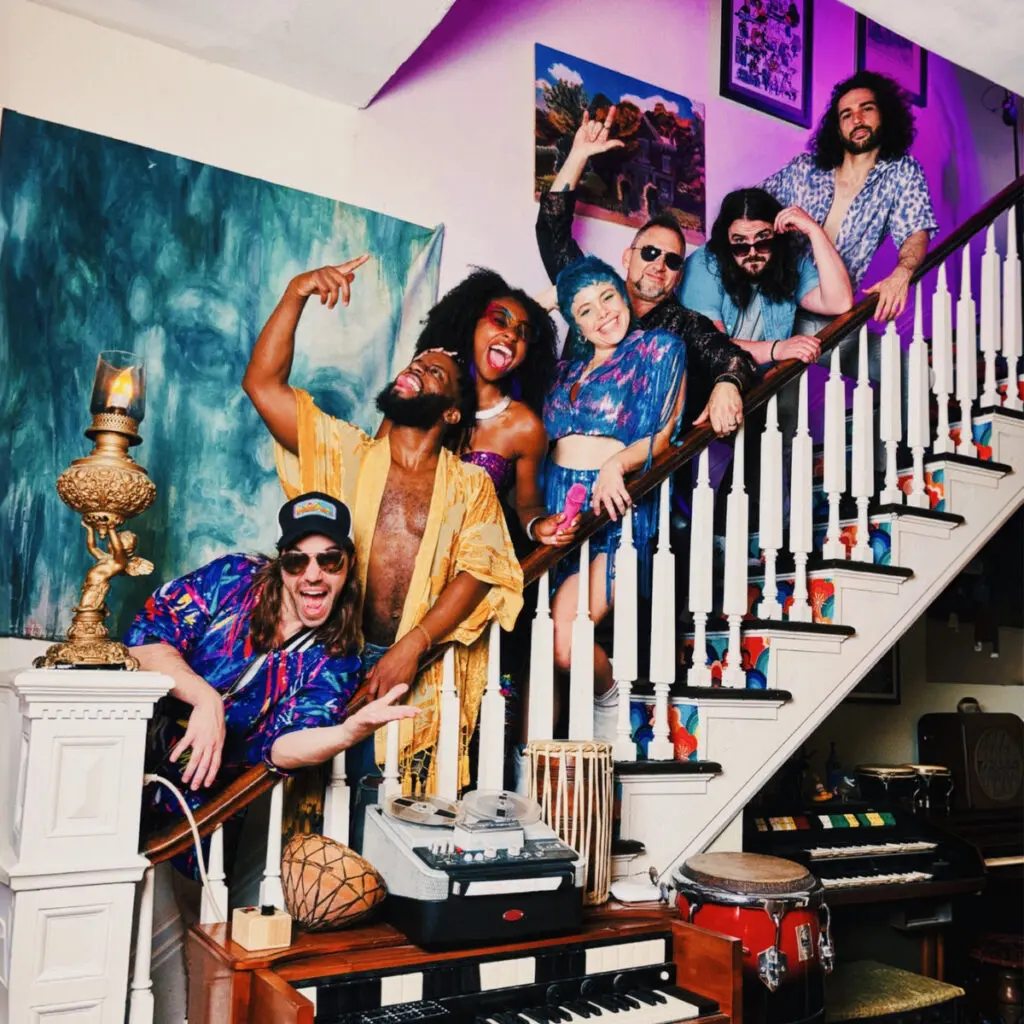
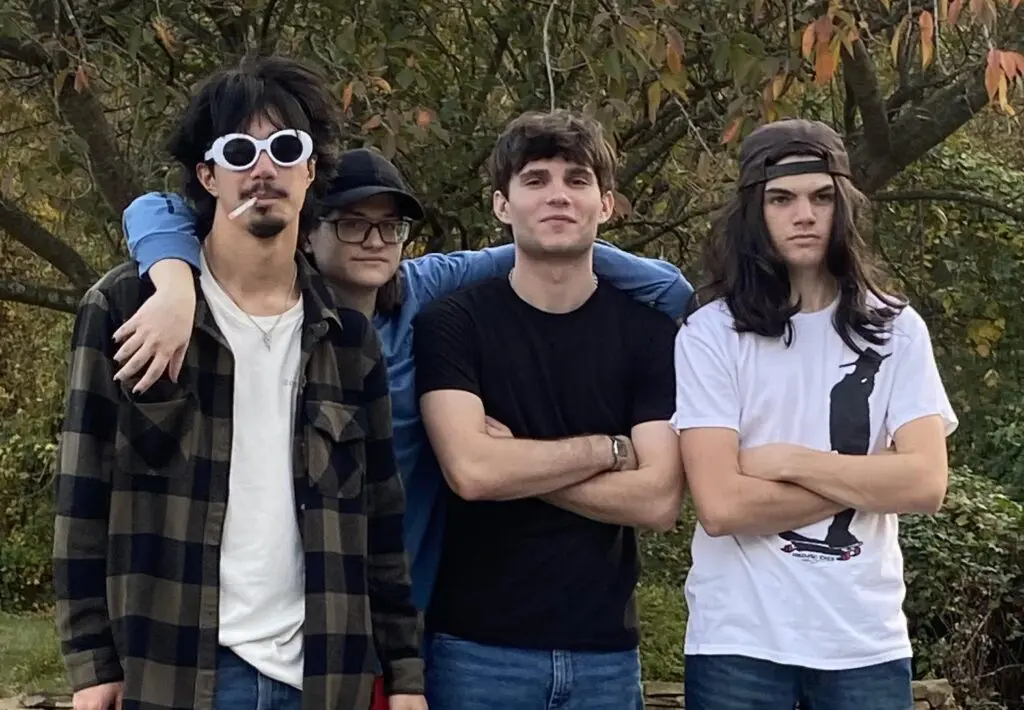
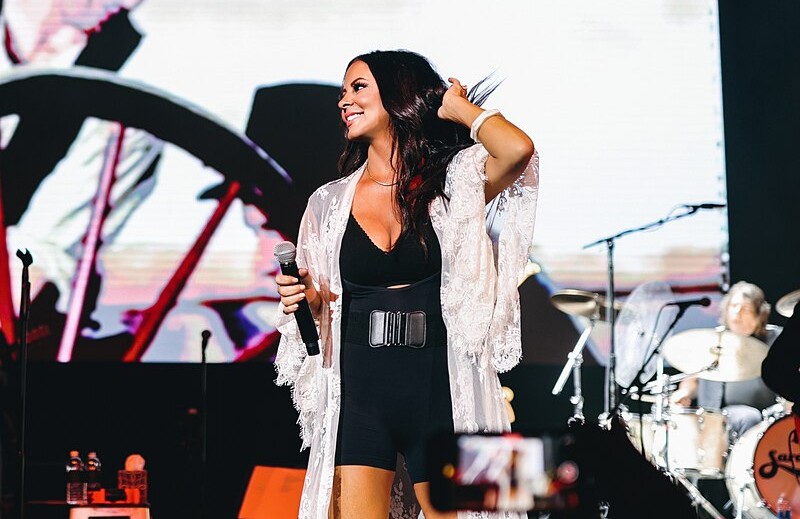
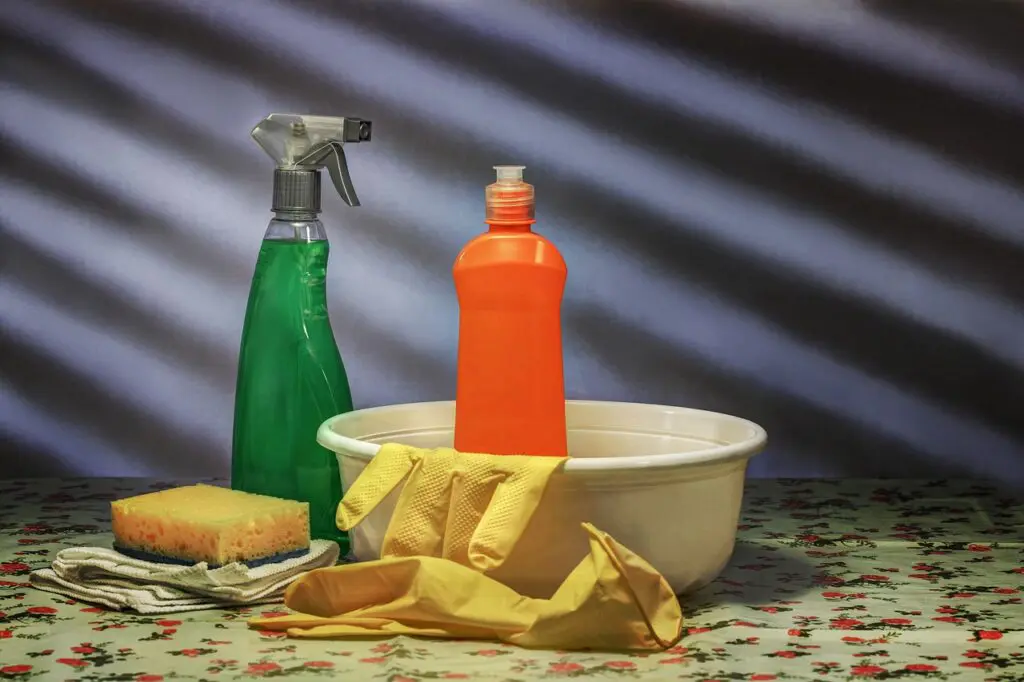
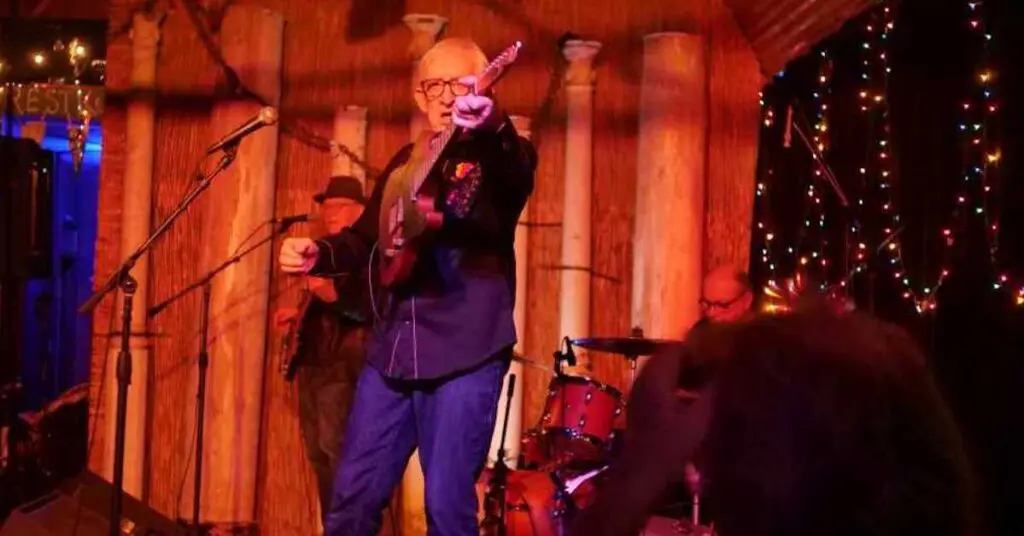
 RadioRadioX
RadioRadioX